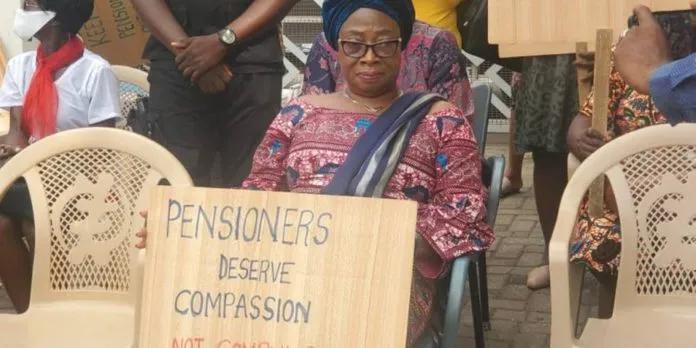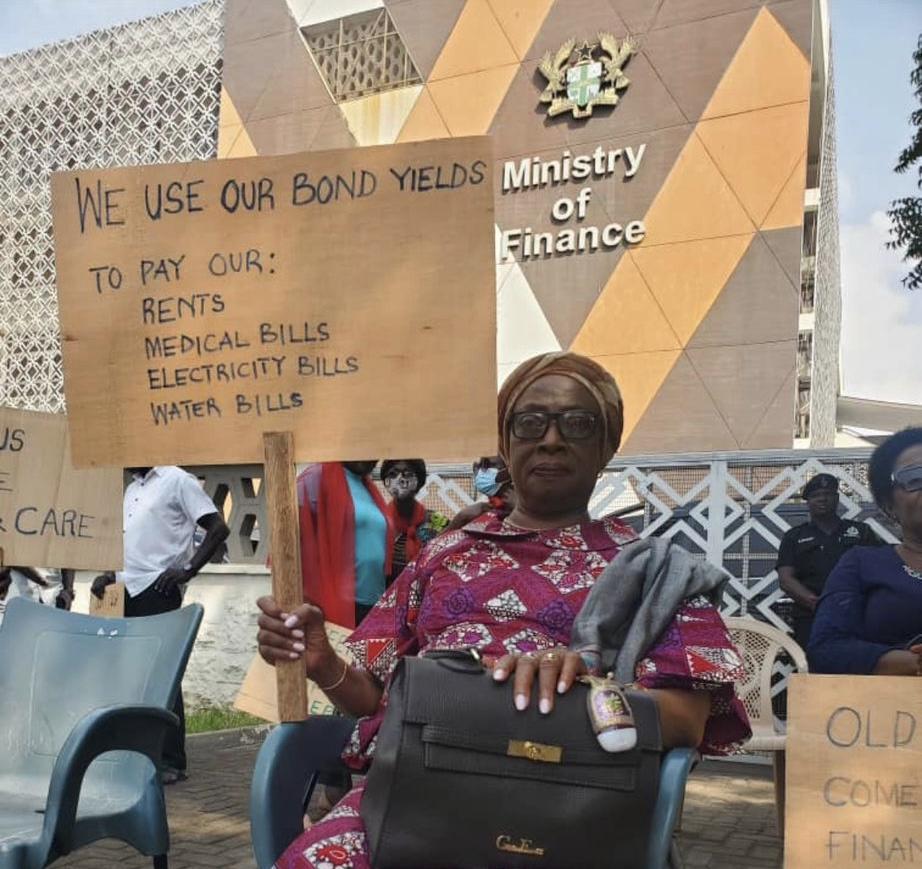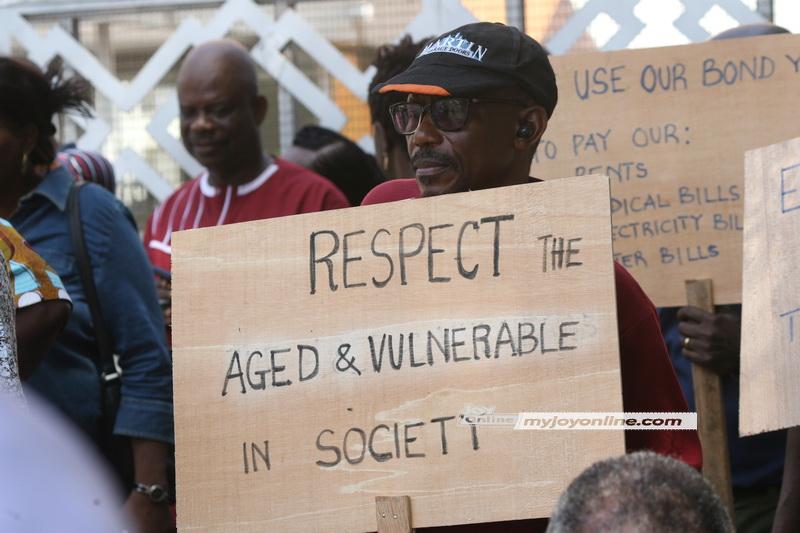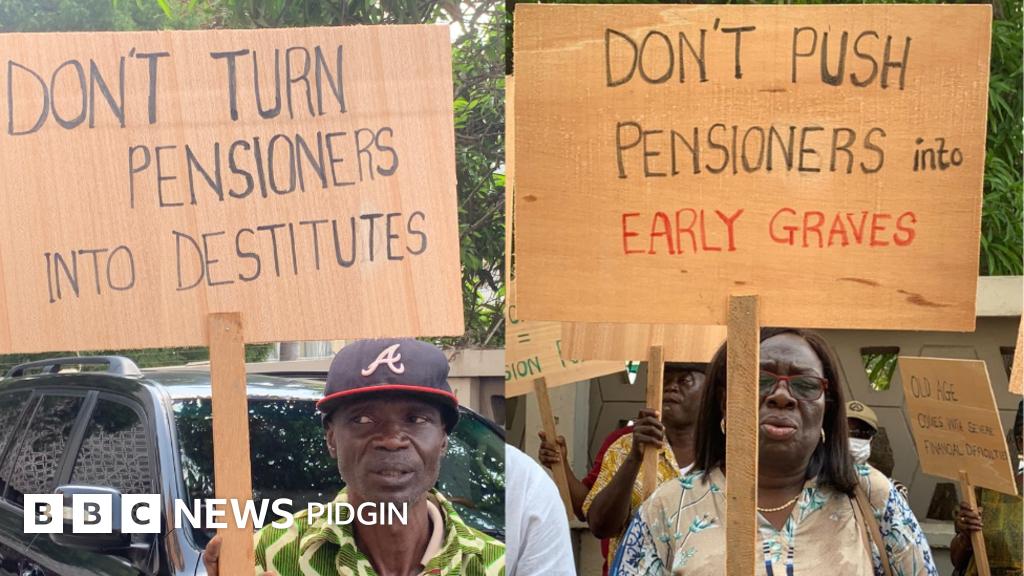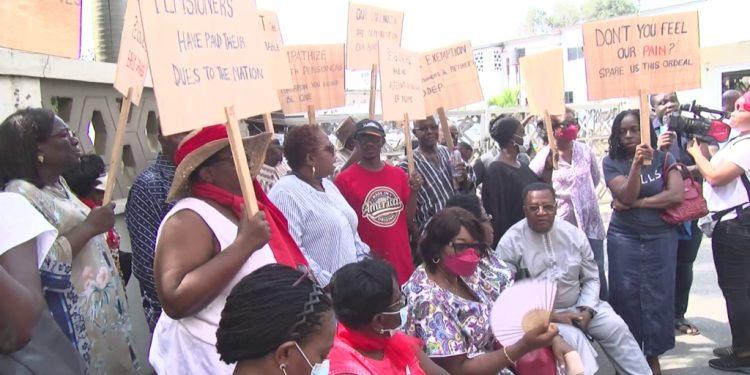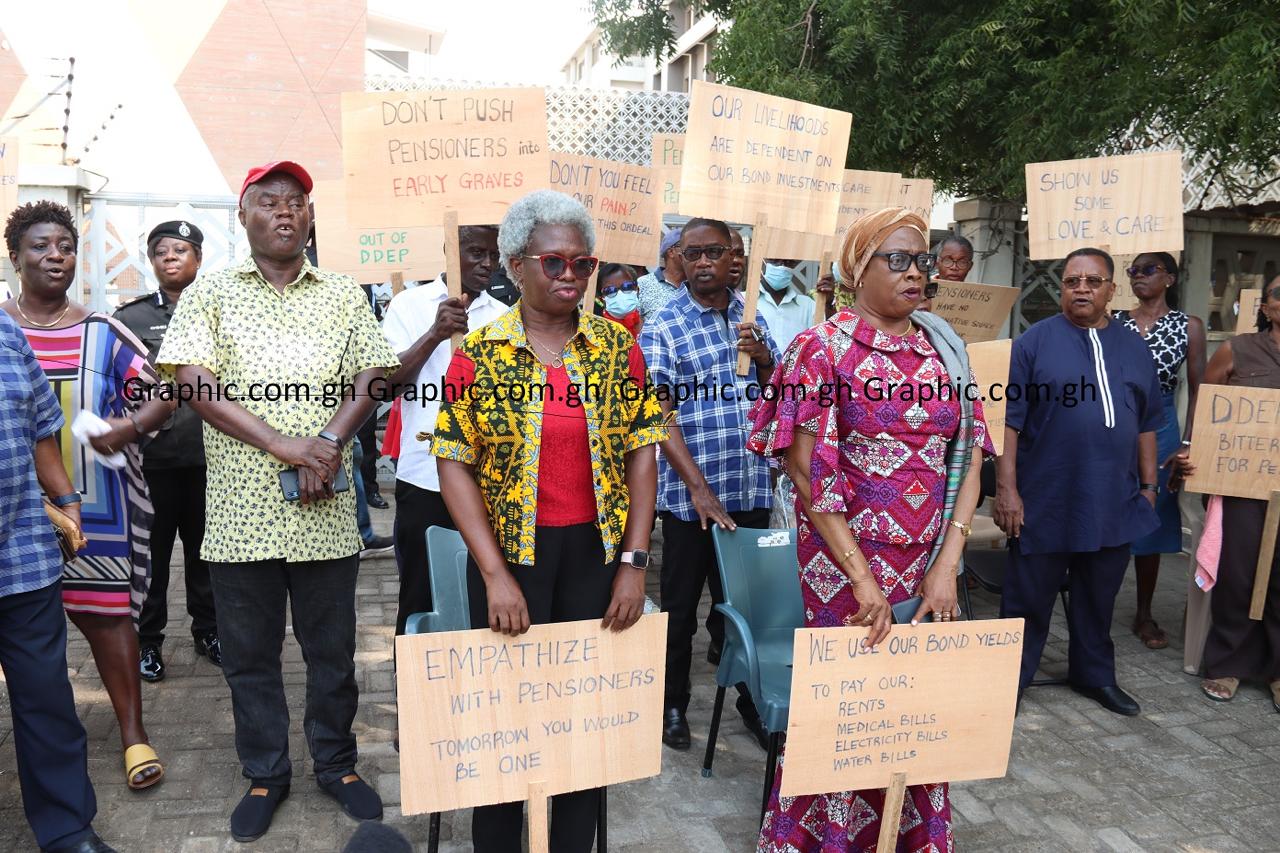Ghana’s Domestic Debt Exchange Programme (DDEP), launched in December 2022 as part of efforts to restructure the country’s unsustainable debt burden, significantly affected individual investors particularly pensioners, middle-class workers, and small investment groups. The programme saw domestic bondholders compelled to swap their existing high-yielding bonds for new ones with drastically lower coupon rates and extended maturities.
Prior to the DDEP, many government bonds carried interest rates between 15–21% per annum. However, the new bonds issued under the exchange had initial interest rates as low as 0% in 2023, gradually rising to only 10% in subsequent years, with final maturities extending up to 15 years. This led to immediate losses in the net present value (NPV) of individual investments, with some bondholders losing as much as 30–50% of the value of their portfolios overnight.
The impact was especially severe for pensioners who had invested their retirement benefits in government bonds expecting stable returns. According to the Individual Bondholders Forum (IBF), more than 3,000 retirees reported facing financial distress, with some unable to afford medication, housing costs, and basic living expenses due to missed coupon payments in the first half of 2023. A widely reported case involved pensioner picketing at the Ministry of Finance for several weeks demanding exemption from the programme an advocacy which eventually led to a partial exclusion for pensioners but only after the initial damage had been done.
Moreover, structured investment products tied to government bonds, such as mutual funds and fixed-income schemes, also suffered. Data from the Securities and Exchange Commission (SEC) indicated that several fund management firms recorded investor withdrawals and portfolio losses of over GH¢3 billion in 2023 due to the restructuring.
The Ghana Statistical Service’s Consumer Confidence Index also fell during this period, highlighting widespread uncertainty. Financial analysts reported that beyond direct losses, the DDEP had eroded trust in government securities long considered the safest form of investment in the country.
References:
Ministry of Finance (2023). Ghana’s Domestic Debt Exchange Programme Overview. www.mofep.gov.gh
IMF (2023). Second Review under the Extended Credit Facility Arrangement – Debt Sustainability Analysis. International Monetary Fund.
Individual Bondholders Forum (2023). Statement on the Impact of DDEP on Individual Investors.
JoyNews (2023). “I Can’t Afford My Medication” – Pensioners protest over DDEP. myjoyonline.com

